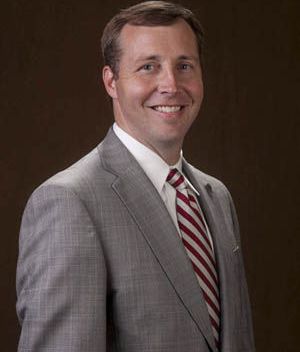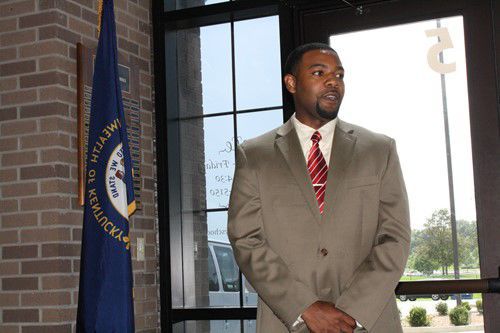
News
$50 million fundraising campaign creates new opportunities for WKU students
The launch of a $50 million fundraising campaign to support recruitment, retention and experiences beyond the classroom at ... Read more

The launch of a $50 million fundraising campaign to support recruitment, retention and experiences beyond the classroom at ... Read more

A Warren County school principal who became an educator with the help of financial aid programs for underrepresented ... Read more